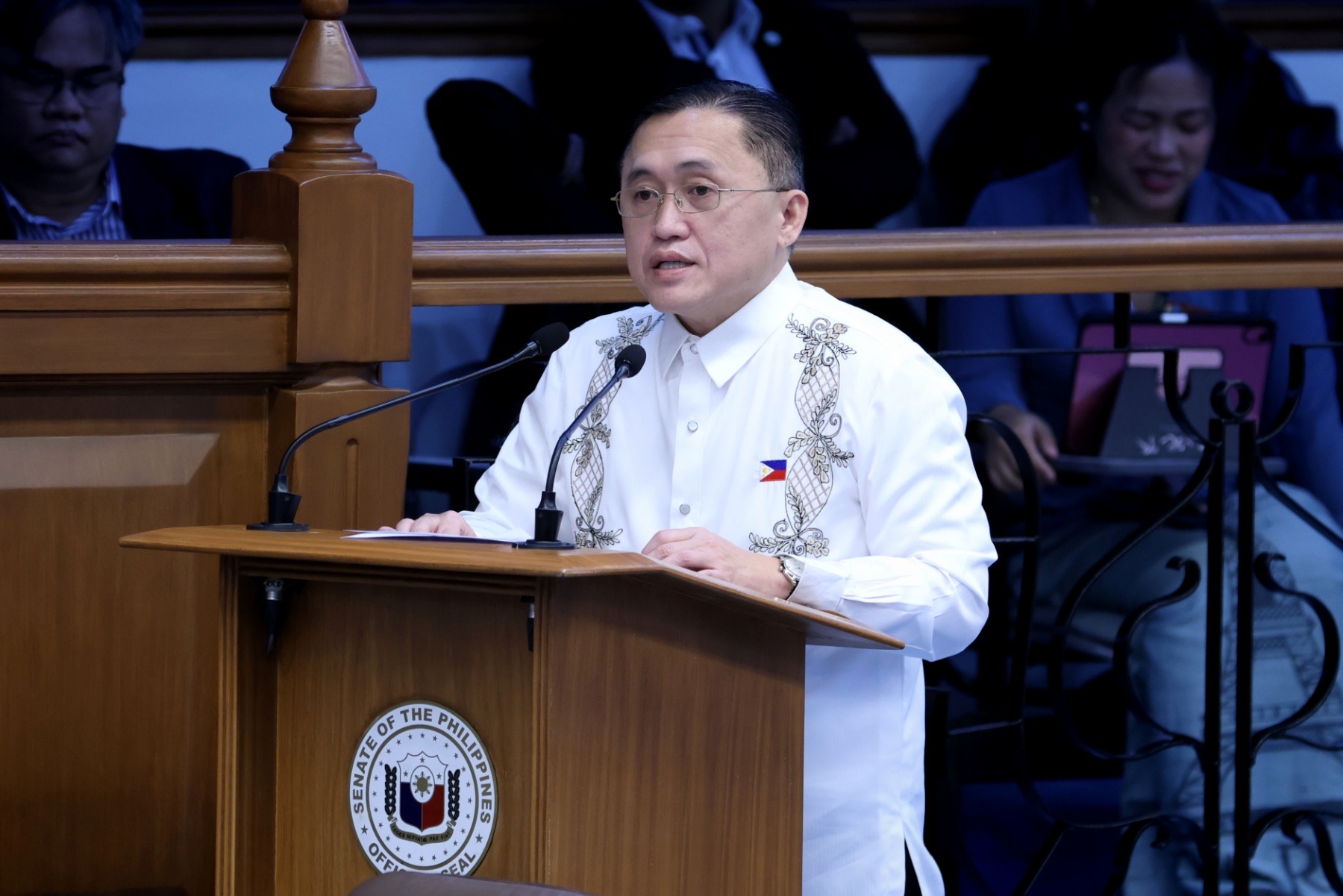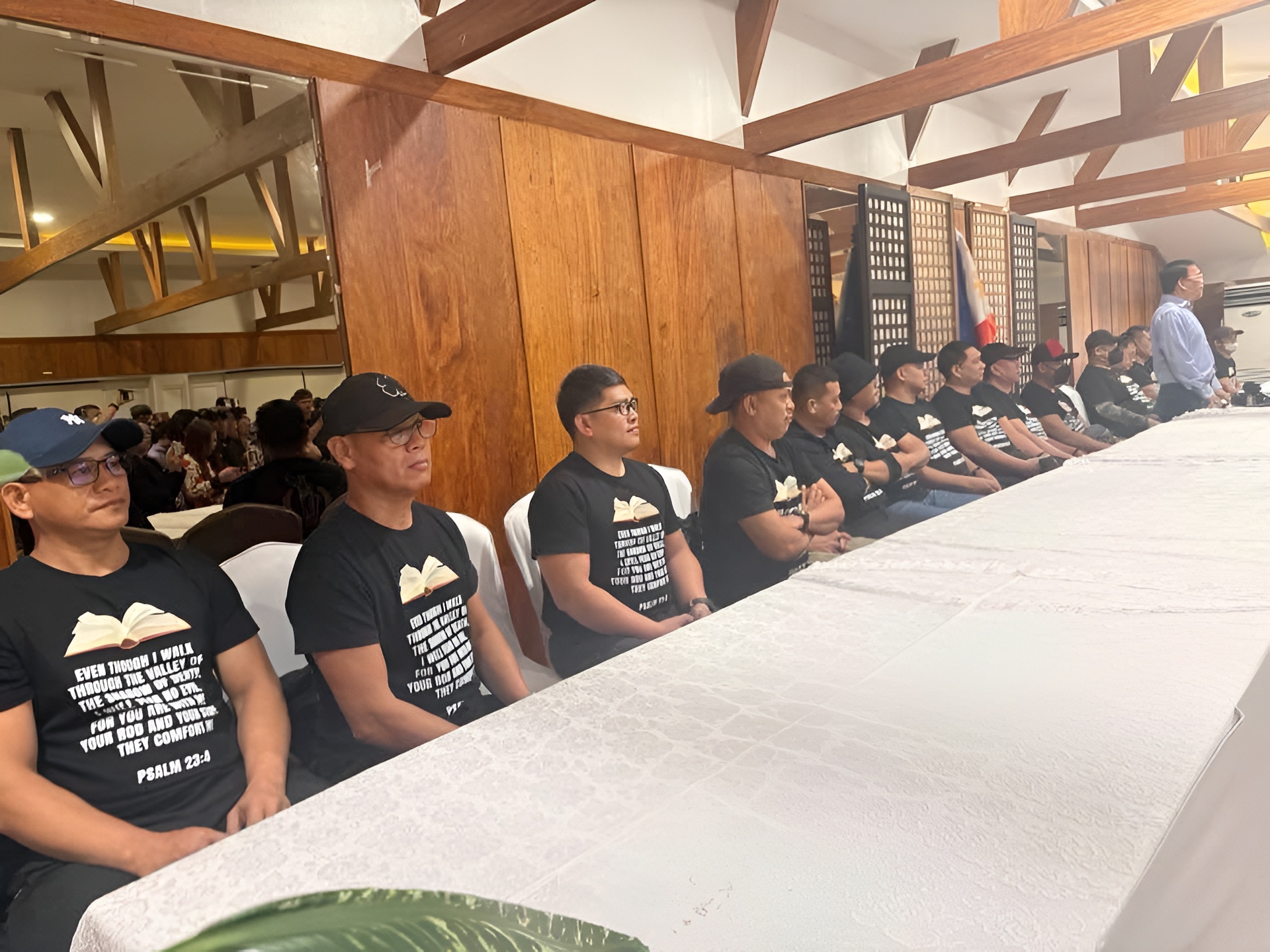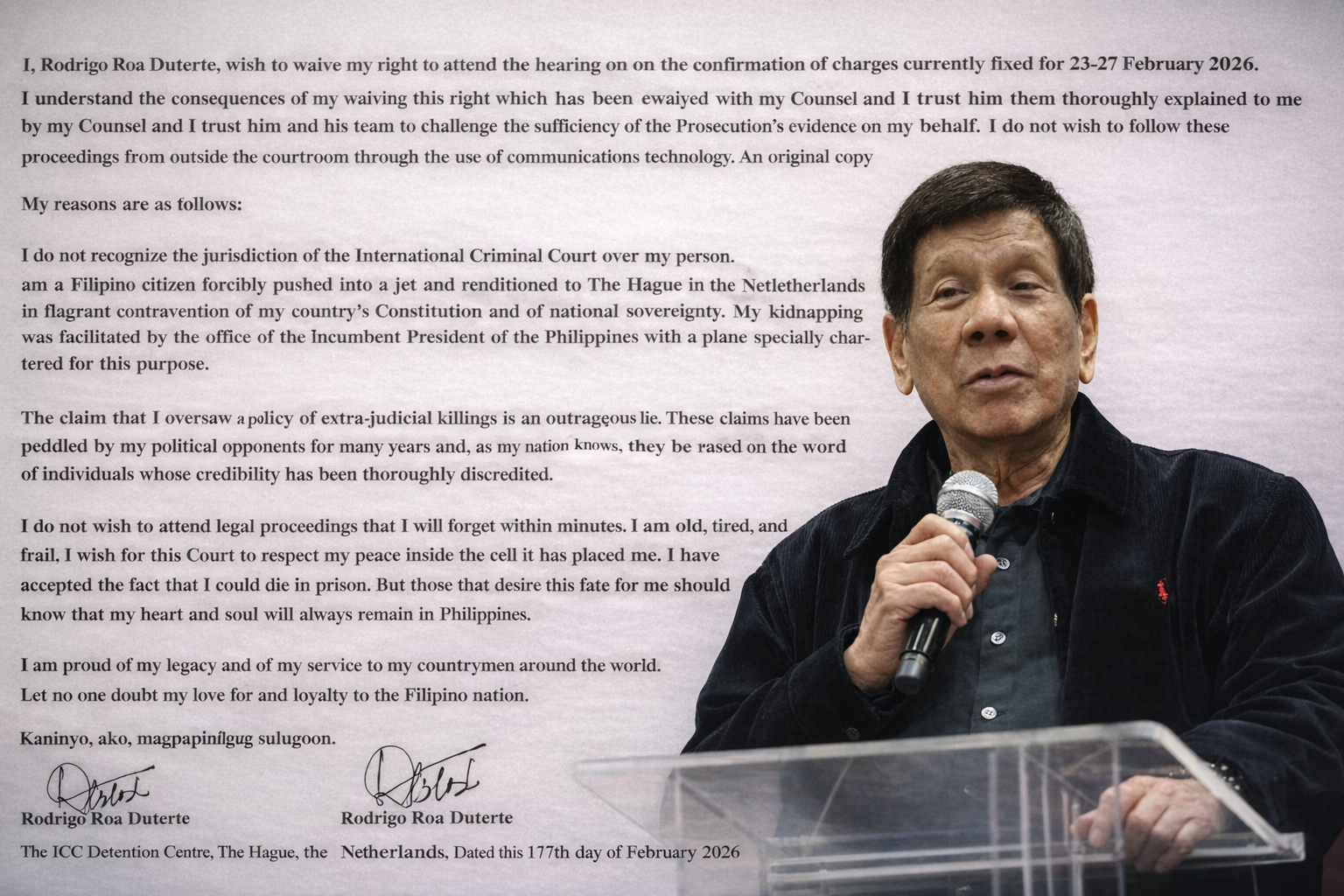As Severe Tropical Storm Crising battered the Philippines and exacerbated southwest monsoon rains, Senator Christopher “Bong” Go underscored the urgent need for targeted, results-oriented flood control infrastructure and swift government action to mitigate the damage and protect the public, particularly with millions of students preparing to return to school by early August.
Go highlighted both immediate interventions and long-term structural solutions as indispensable. He reiterated his persistent advocacy for more effective use of flood control projects and emphasized accountability among implementing agencies.
“Magsulong tayo ng mga infrastructure na mapapakinabangan talaga,” said Go, urging that infrastructure projects, especially flood control systems, be evaluated based on tangible results and clear outcomes that benefit flood-prone communities.
“‘Yung mga flood control dapat ‘yung talagang mapapakinabangan ng taumbayan… dapat talagang may resulta, na mawala ang baha… ‘yan ang tinututukan natin.”
The senator cited his consistent appeals during a Committee on Public Works hearing the previous years, emphasizing transparency, planning, and proper prioritization to ensure flood control projects are directed where they are most needed.
“‘Yun lang po ang tatlong hiningi ko: accomplishment report, copy of master plan at prioritization dito sa mga flood control projects ninyo po na dapat po’y makinabang ‘yung mga lugar na dapat makinabang – ‘yung mga flood prone areas,” he stressed earlier as he appealed to DPWH officials.
Go emphasized that a coherent and properly executed master plan must guide the implementation of flood mitigation infrastructure in order to ensure that funds are utilized properly without graft or corruption.
“Dapat mayroong master plan. ‘Wag lang po kung saan n’yo ilalagay ‘yung mga flood control, dapat ilatag ng maayos,” said Go.
He lamented the persisting conditions that have made some flood control projects ineffective, pointing to clogged drainage and poor maintenance.
“Ang kulang talaga rito… alamin ano ang priorities talaga. Kung saan ‘yung talagang mas kailangan, dun ilagay itong mga flood control projects, pati ‘yung declogging, ‘yung paglilinis po ng canal.”
Go stressed that both national agencies and local governments must coordinate to address the issue promptly. “Lilinisin ‘yung mga kanal, ‘yung mga basura. Sila lang po nakakaalam d’yan. Gawan ng paraan, I’m sure meron po dapat na plano o development plan ang ating gobyerno, especially ang ating Department of Public Works and Highways (DPWH).”
“And of course, ‘yung mga munisipyo. Kaya nga po mayroon ang local government unit (LGU) ng planning and development office, pinaplano po dapat ang lahat ng pag-improve ng infrastructure,” he added.
Go also seized the opportunity to reiterate the need for fully operational and properly equipped evacuation centers nationwide as mandated by Republic Act No. 12076 or the Ligtas Pinoy Centers Act.
As principal author and co-sponsor of this landmark law, Go emphasized that the law mandates the government to ensure every city and municipality in the country to have permanent, clean, and safe evacuation centers that are readily available before, during, and after disasters.
“Dapat merong komportable at maayos na mga evacuation center na pwedeng makapagpahinga, komportable po ang ating mga kababayan,” he said, highlighting the importance of providing dignified spaces for displaced families as part of the country’s disaster preparedness strategy.
Go has also filed various disaster-related measures aimed at improving overall disaster preparedness and resilience.
He has refiled Senate Bill No. 173, the proposed Department of Disaster Resilience Act, which seeks to establish a dedicated agency to unify disaster risk reduction, preparedness, response, and rehabilitation efforts under one institution.
In line with his commitment to address housing challenges, particularly for families displaced by calamities, Go refiled SBN 415, or the proposed Rental Housing Subsidy Program, which aims to provide temporary shelter assistance to affected families as they rebuild or transition into permanent housing.
Other proposals he filed include SBN 669, or the Hazard Pay for Disaster Personnel bill, which requires LGUs to grant hazard pay to disaster responders during calamities, and SBN 666, or the New Building Code bill, which seeks to update national construction standards to promote safety and resilience.
As of July 22, according to the National Disaster Risk Reduction and Management Council (NDRRMC), Severe Tropical Storm Crising, enhanced by the southwest monsoon, had resulted in at least six reported deaths, six missing persons, six injured individuals, and had affected more than 1.2 million people or over 360,000 families across all 17 regions of the country.
The NDRRMC also placed Metro Manila under an extreme general flood advisory due to swollen rivers and clogged waterways.
As of July 22, PAGASA reported that two low-pressure areas (LPAs) were inside the Philippine Area of Responsibility earlier today. One of them has already intensified into Tropical Depression Dante, while the second remains unnamed but is being closely monitored with a medium chance of becoming a tropical depression within 24 hours.





